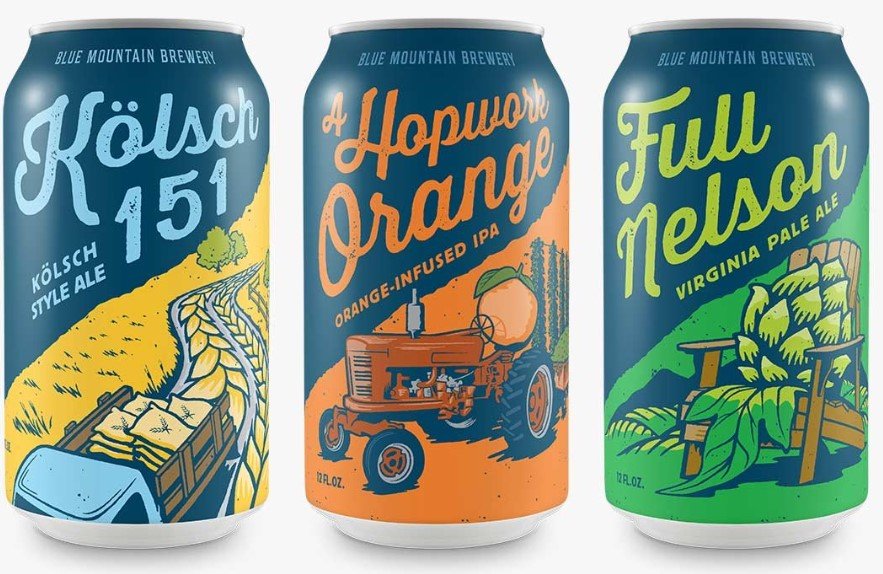Georgia’s craft beer scene, once a bubbling success story, now faces an unwelcome ingredient: rising costs driven by new tariffs on Canadian imports. Breweries reliant on aluminum cans and imported grains are feeling the pinch, threatening to flatten profits and, in some cases, close doors.
Aluminum Cans — A Costly Container
At Wild Heaven Beer in Avondale Estates, the familiar hiss of a beer can opening may soon sound a little more expensive. Aluminum, essential for packaging, is a top casualty of the recently announced tariffs.
“A majority of aluminum currently comes from Canada,” explained Joseph Cortes, executive director of the Georgia Craft Brewers Guild. Since President Donald Trump imposed fresh tariffs last month, prices are expected to rise — a tough blow for an industry already fighting to keep prices competitive.
The price hike hits hard because cans dominate the craft beer packaging landscape. According to the guild, roughly three-quarters of all beer packaged in Georgia’s craft breweries relies on Canadian aluminum. Shifting to domestic production, Cortes added, isn’t a quick fix.

“It would take decades and billions of dollars in investment to have that production completely shifted domestically,” he said.
For breweries like Wild Heaven, the math is sobering. Higher aluminum costs mean either smaller profit margins or higher prices for consumers — neither a recipe for success in an industry built on affordable indulgence.
Imported Grains Add to the Bitter Taste
Aluminum isn’t the only import under pressure. The very ingredients that make craft beer, well, craft beer — malted barley and specialty grains — largely come from abroad.
“Most of the grain that makes our beer is grown overseas,” Wild Heaven co-founder Nick Purdy said. While local hops have gained popularity, the unique malts that define many craft beers aren’t easy to source domestically.
For Georgia brewers, this is more than an inconvenience — it’s a potential identity crisis. Craft beer thrives on variety, with breweries competing to create distinct flavors. If ingredient costs spike or availability shrinks, that creativity could take a hit.
Closures and New Challenges
Georgia’s craft beer industry isn’t new to adversity. The past three years saw 19 breweries close statewide, according to the guild. While some new ones have sprung up to replace them, the closures signal an industry under strain.
“Craft beer is still very popular here in Atlanta and in Georgia. We see great traffic to our taprooms. But the business is definitely a little more challenging than it was five years ago,” Purdy admitted.
The guild cites multiple factors contributing to closures: supply chain issues, rising rent, and competition from major beer conglomerates muscling into the craft space. Tariffs, Cortes said, are “an added pressure in an already tough environment.”
In an industry where margins are already tight, the ripple effect of higher costs could stretch from the brewers to the bartenders to the beer drinkers.
What’s Next for Georgia’s Brewers?
So, what now? For many breweries, the only option is to adapt — and fast. Some are exploring alternatives like bottle packaging or sourcing more local ingredients, though neither offers an easy solution.
- Bottles, while free from aluminum tariffs, are pricier to ship and less favored by consumers.
- Local grains, while appealing, can’t fully replace specialty imports without changing the beer’s flavor.
The bigger question: Will consumers pay more? Craft beer lovers are known for loyalty, but loyalty has limits — especially when a six-pack suddenly costs a few dollars more.
“We’re all watching carefully,” Cortes said. “The next year will tell us a lot about where the industry’s headed.”
For Georgia’s craft beer pioneers, one thing is certain — the road ahead looks anything but smooth.
